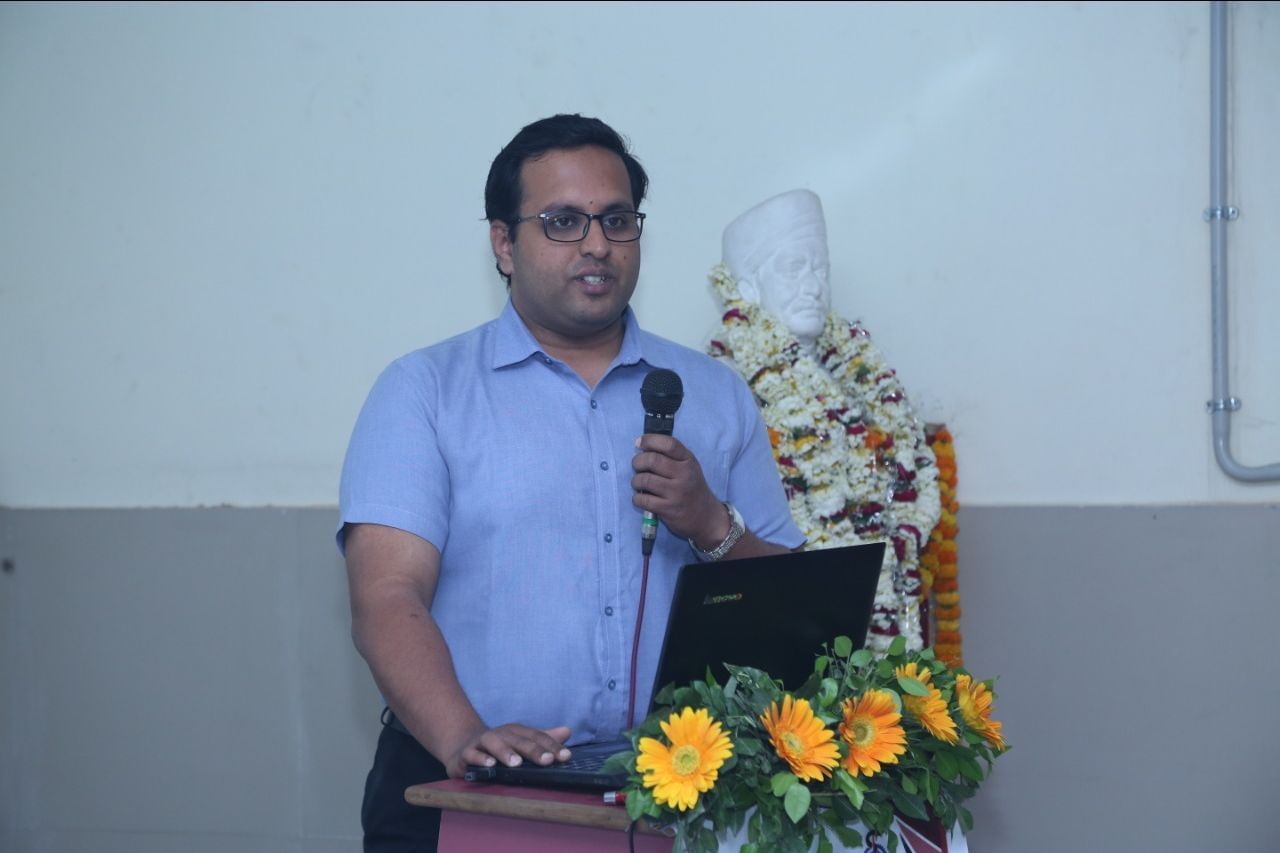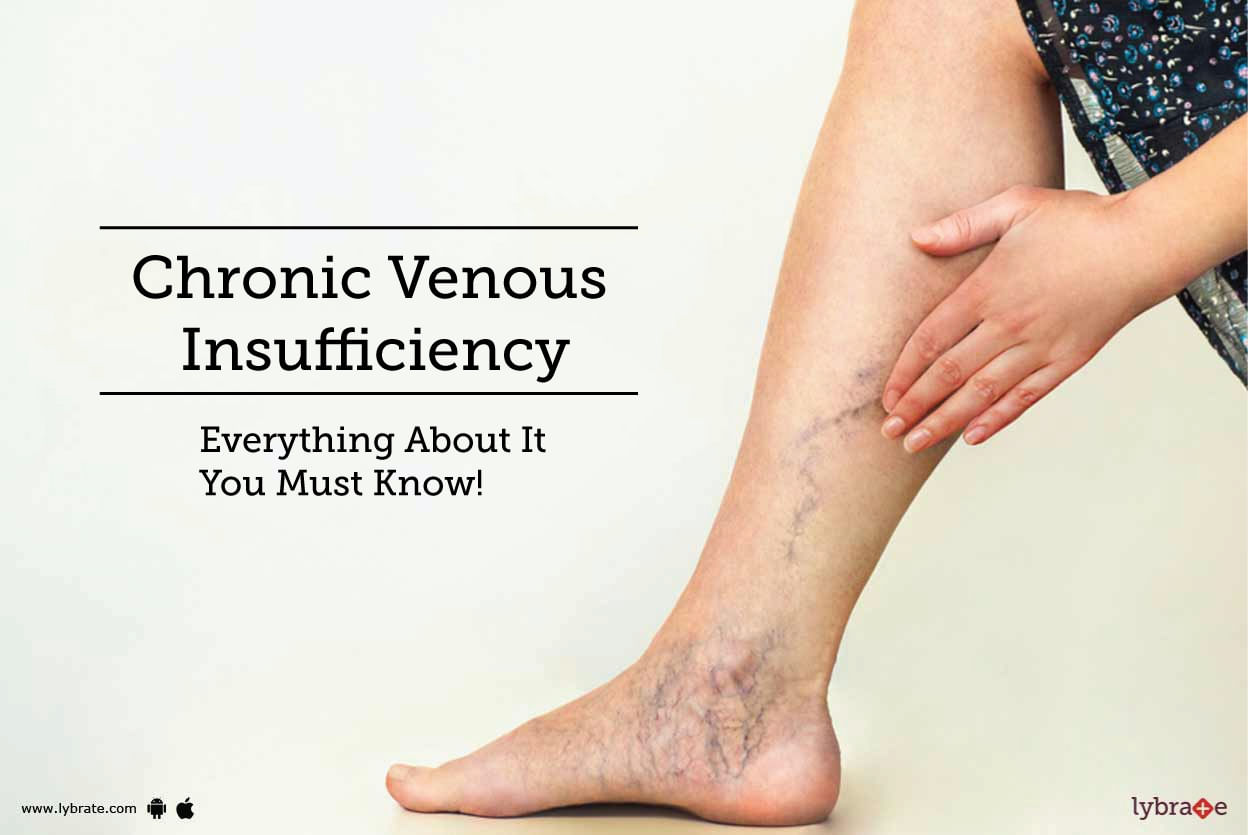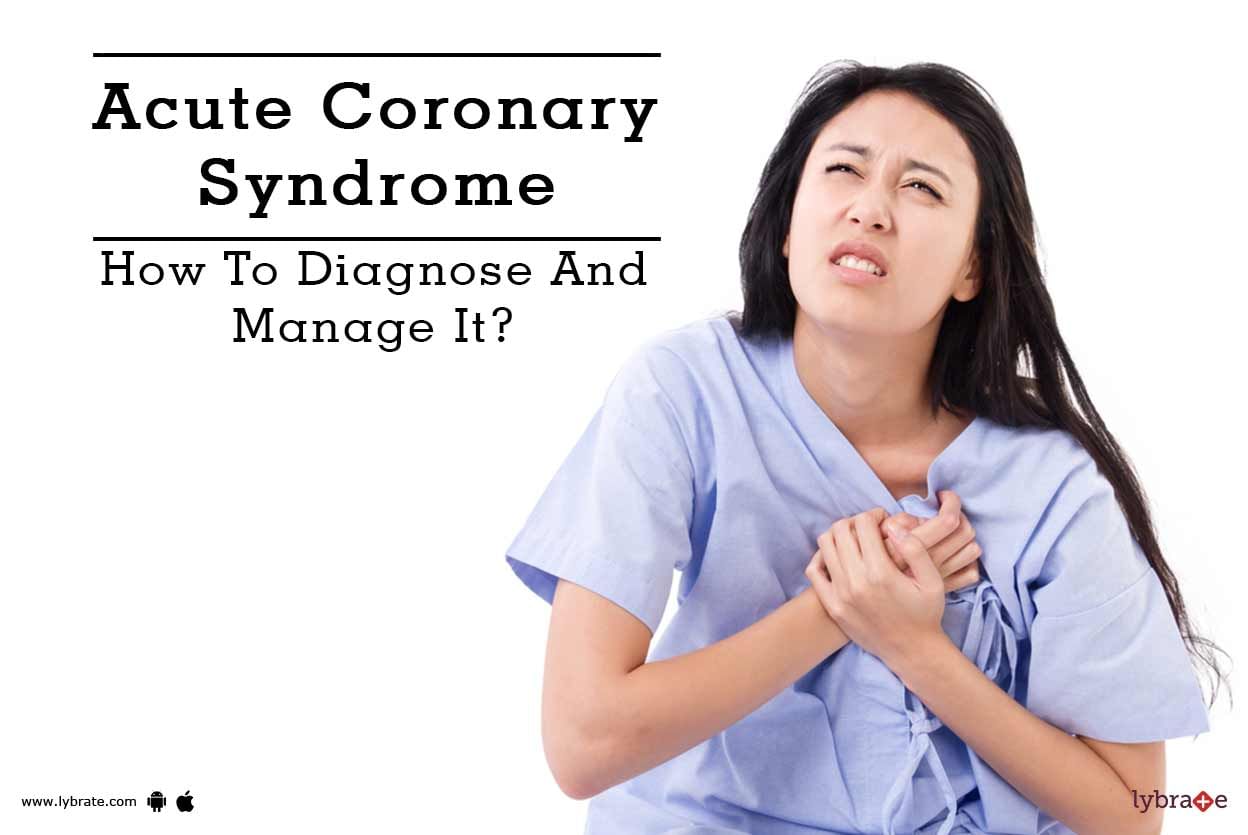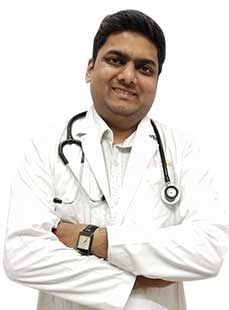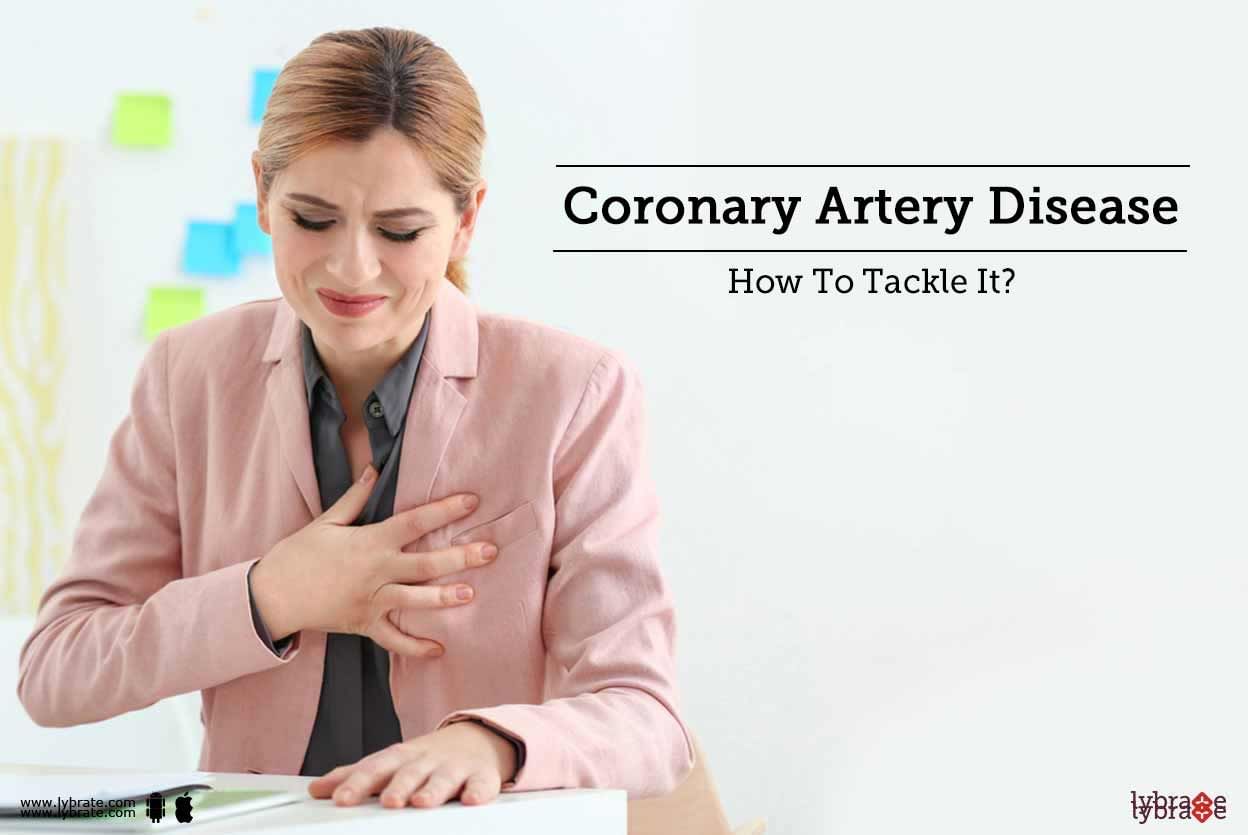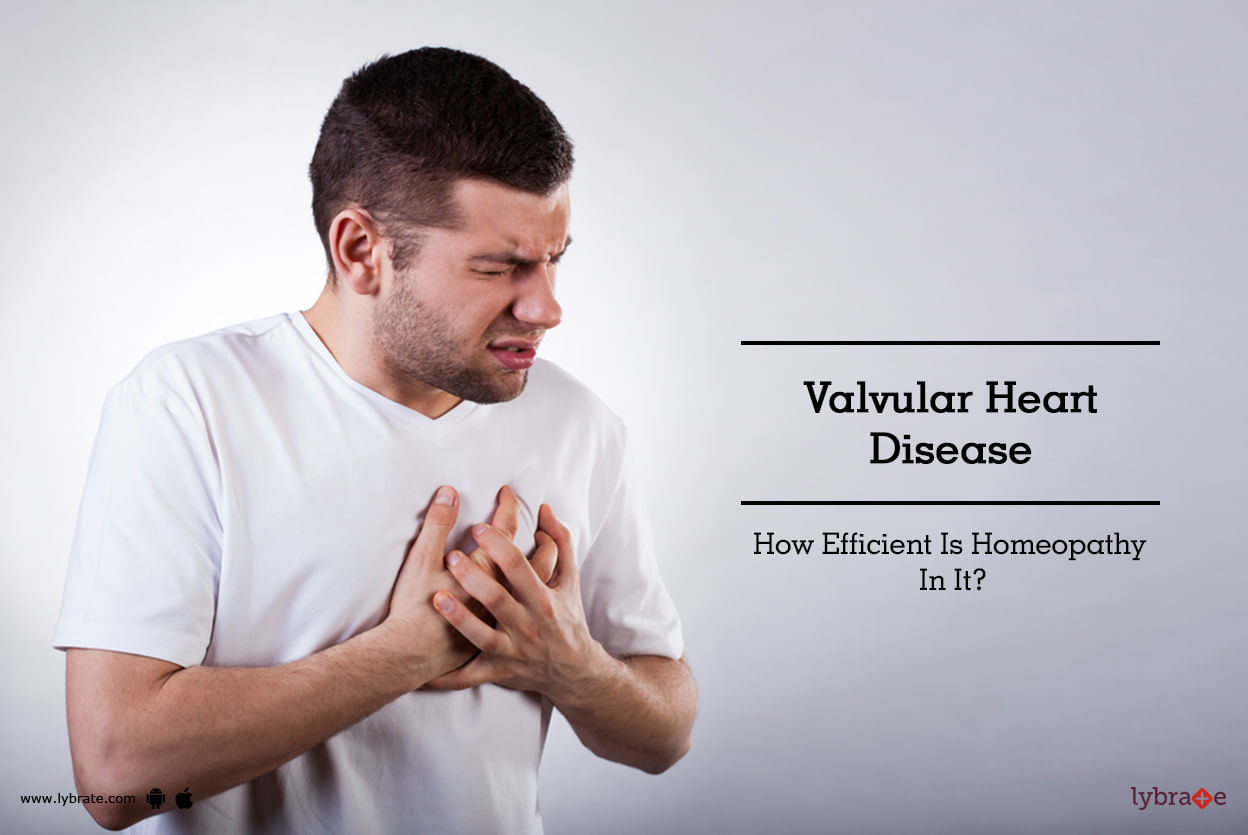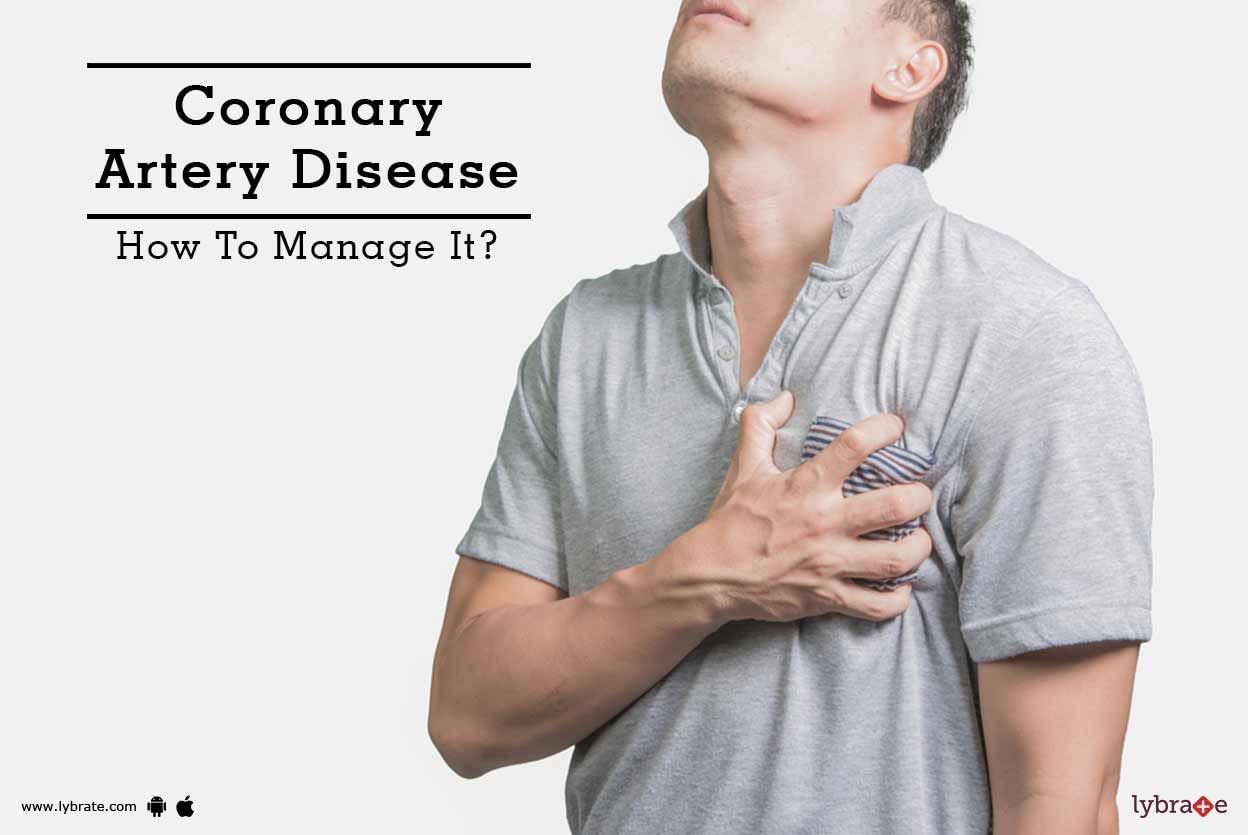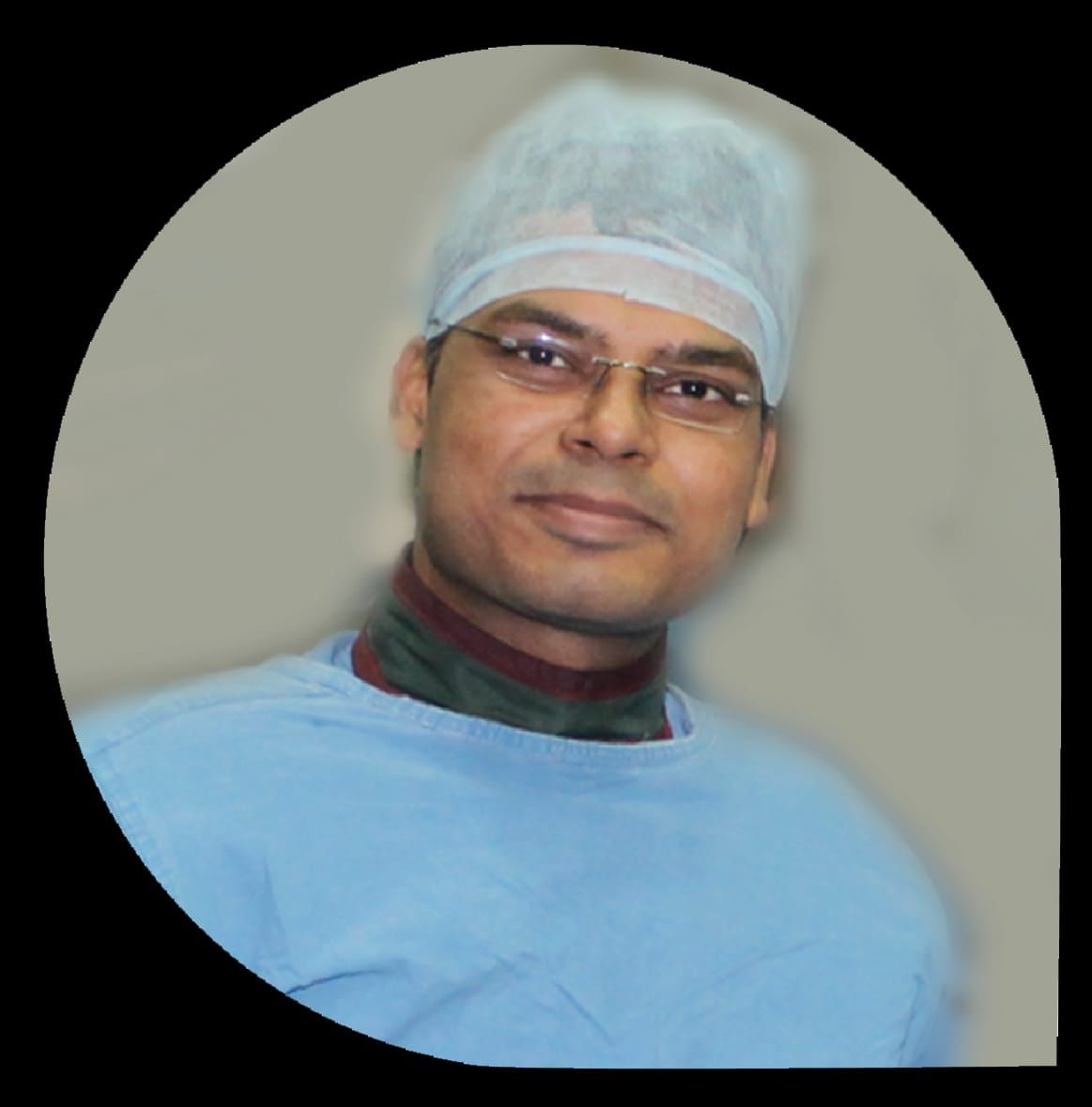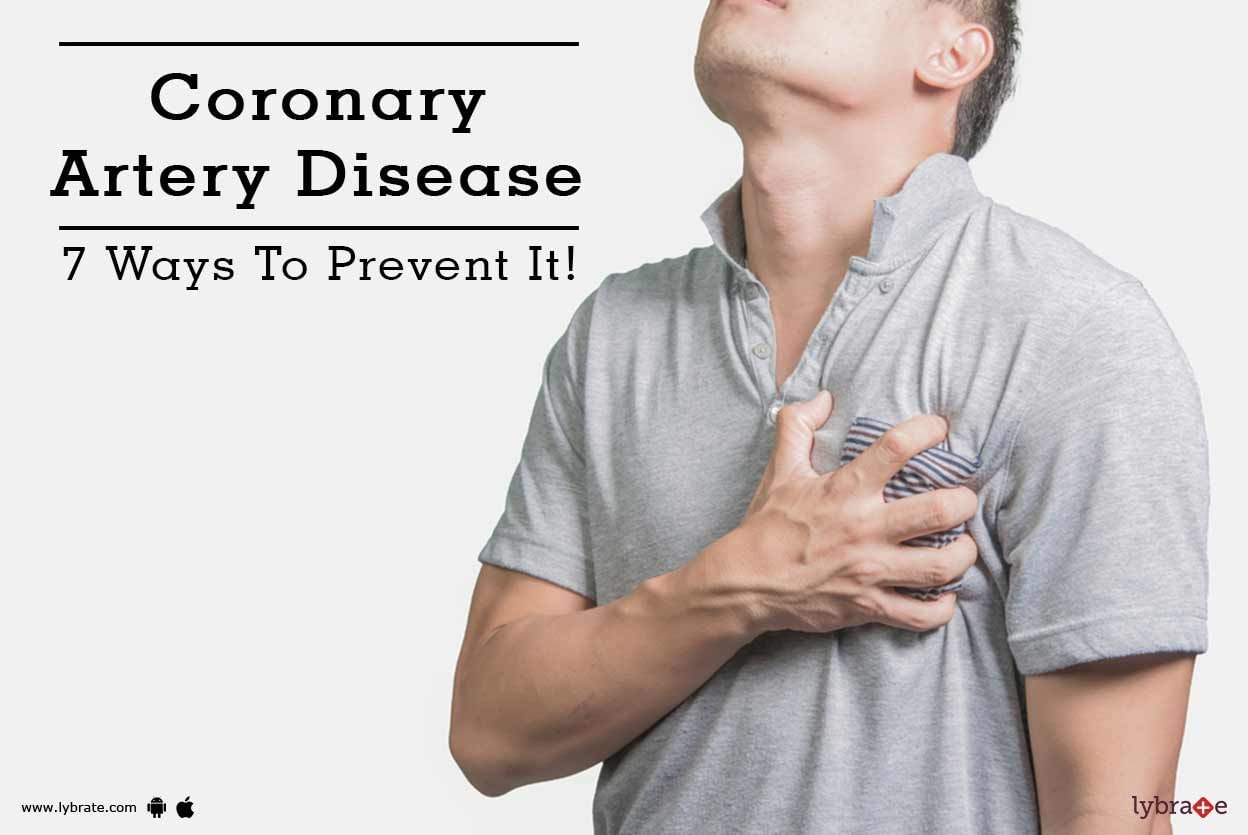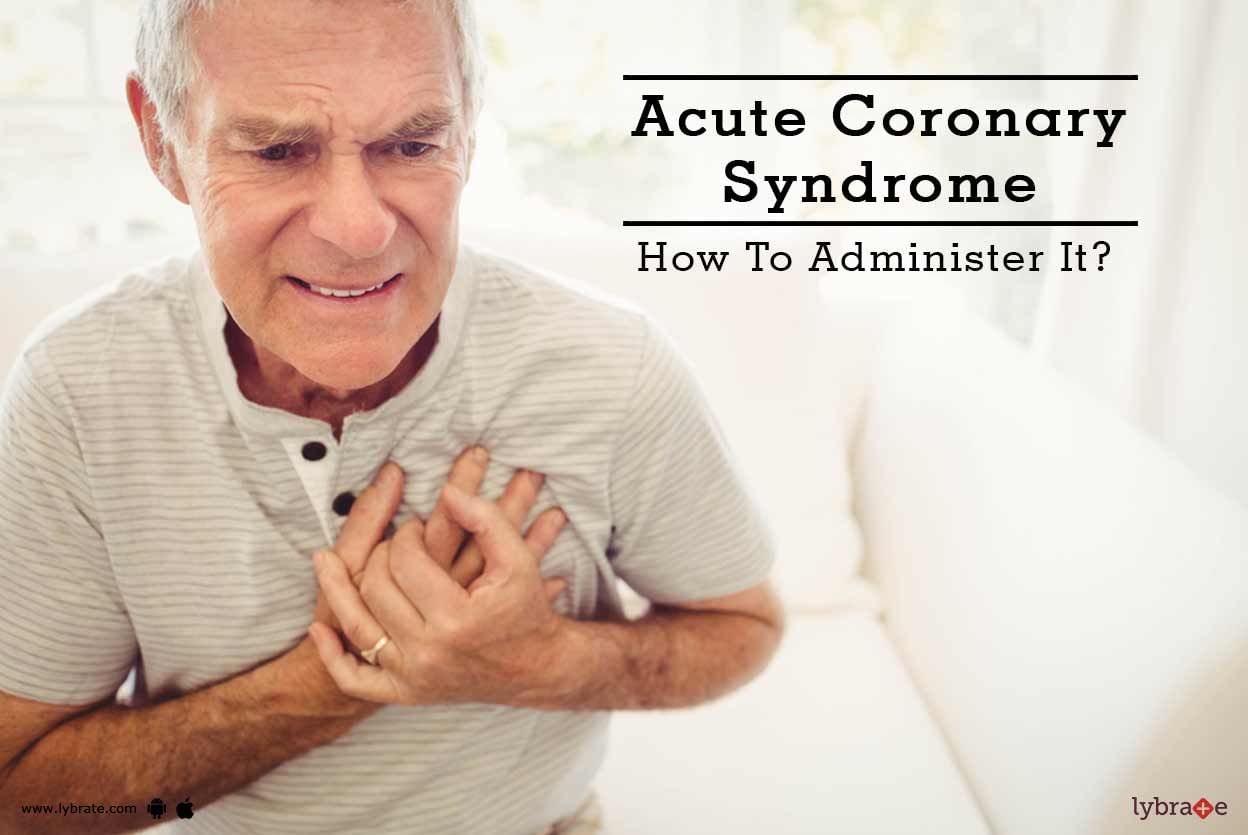Get the App
For Doctors
Login/Sign-up
About
Health Feed
Find Doctors
Health Packages
AllQ&AsTipsQuizzes
Coronary Angioplasty Tips
Last Updated: 6 years ago• Featured Tip
Share
Bookmark
Report
Chronic Venous Insufficiency is an abnormal condition of the leg veins. It occurs when either the walls or the one-way valves of the veins cannot work effectively. This
makes it difficult for the veins to send the impure blood from the legs to the heart. This results in impure flowing backward and collecting at places in the veins. It can
cause swelling, pain, and changes in skin and over time may lead to ulcers in legs.
Causes of Chronic Venous Insufficiency
Veins retu...more
makes it difficult for the veins to send the impure blood from the legs to the heart. This results in impure flowing backward and collecting at places in the veins. It can
cause swelling, pain, and changes in skin and over time may lead to ulcers in legs.
Causes of Chronic Venous Insufficiency
Veins retu...more
Last Updated: 6 years ago• Featured Tip
Share
Bookmark
Report
The word acute coronary syndrome refers to a group of symptoms that are caused by blockage of the blood flow to the heart muscles. The most common result of this is myocardial infarction or heart attack as it is popularly called. Reduced blood flow leads to death of some portion of the heart muscle wall. While the word heart attack sounds almost fatal, it need not be the case. Knowing how to identify an attack and being aware of some simple measures can help save lives.
Symptoms: The...more
Symptoms: The...more
Last Updated: 6 years ago• Featured Tip
Share
Bookmark
Report
Coronary artery disease is one of the major killer diseases of modern society. It is not a solitary problem but brings with it a multitude of issues including obesity, diabetes, stroke, and other metabolic disorders. A thorough understanding of what causes it and how to manage it can help save thousands of lives.
Causes: The circulatory system is mainly made up of the heart and a complex network of arteries and veins. The inner walls of these are lined with smooth muscles, allowing for ...more
Causes: The circulatory system is mainly made up of the heart and a complex network of arteries and veins. The inner walls of these are lined with smooth muscles, allowing for ...more
Last Updated: 6 years ago• Featured Tip
Share
Bookmark
Report
There are valves in each of the four chambers of the heart. These valves make sure that blood flows in one direction only. The blood flows from the atria into the ventricles through the mitral and the tricuspid valves. The pulmonic and the aortic valves allow the blood to flow out of the ventricles. Valve problems occur when the normal functioning of the valve is impaired.
Impaired valve function leads to blood flow obstruction, which in turn can lead to stenosis of the valve. This put...more
Impaired valve function leads to blood flow obstruction, which in turn can lead to stenosis of the valve. This put...more
Last Updated: 6 years ago• Featured Tip
Share
Bookmark
Report
What is a peptic ulcer?
Digestive juices help in digestion of food but when these digestive juices damage the membrane of the digestive tract then sore areas develop which are called as peptic ulcers. A peptic ulcer may develop inlining of the lower oesophagus, stomach or duodenum. Thus called oesophageal, gastric and duodenal ulcer respectively.
Risk factors
NSAIDs- repeated use of NSAIDs irritate the wall of the stomach thus increase the acid secretion.
Stress al...more
Digestive juices help in digestion of food but when these digestive juices damage the membrane of the digestive tract then sore areas develop which are called as peptic ulcers. A peptic ulcer may develop inlining of the lower oesophagus, stomach or duodenum. Thus called oesophageal, gastric and duodenal ulcer respectively.
Risk factors
NSAIDs- repeated use of NSAIDs irritate the wall of the stomach thus increase the acid secretion.
Stress al...more
Last Updated: 6 years ago• Featured Tip
Share
Bookmark
Report
Ulcer pain can be uneasy and unbearable at times. It is caused by a bacterium known as the H. Pylori. Pain medication, lifestyle changes, and healthy eating habits can ensure pain relief from this condition. Here is a list of 4 best ways to get instant pain relief from an ulcer:
Medication - H. Pylori is often found in the digestive tract. Doctors suggest various combinations of antibiotics kill this bacterium. Some of those include tetracycline, levofloxacin, metronidazole, and tinidaz...more
Medication - H. Pylori is often found in the digestive tract. Doctors suggest various combinations of antibiotics kill this bacterium. Some of those include tetracycline, levofloxacin, metronidazole, and tinidaz...more
Last Updated: 6 years ago• Featured Tip
Share
Bookmark
Report
Coronary artery disease, also known as coronary heart disease or CHD, is a kind of disease in which a wax-like substance called plaque, builds up in the coronary arteries.
Function of Coronary Artery
The task of coronary arteries is to supply oxygen-rich blood to the heart muscles. When there is the growth of plaque in these arteries, the condition is termed as atherosclerosis. Plaque builds up over the years, and it hardens or ruptures with time. When plaque gets hardened, it narro...more
Function of Coronary Artery
The task of coronary arteries is to supply oxygen-rich blood to the heart muscles. When there is the growth of plaque in these arteries, the condition is termed as atherosclerosis. Plaque builds up over the years, and it hardens or ruptures with time. When plaque gets hardened, it narro...more
Last Updated: 6 years ago• Featured Tip
Share
Bookmark
Report
The heart pumps pure blood to all parts of the body through a network of arteries. These are thicker in the beginning and become finer and thinner as they reach the various organs. These arteries are lined by a layer of epithelial tissues and as blood flows through them, the heavier cholesterol / fat molecules settle down along the walls.
This attracts more and more fat molecules to settle down. This is known as atherosclerosis (hardening of the arteries). Over a period of time, ...more
This attracts more and more fat molecules to settle down. This is known as atherosclerosis (hardening of the arteries). Over a period of time, ...more
Last Updated: 6 years ago• Featured Tip
Share
Bookmark
Report
Heart Blocks are a result of plaque buildup in your arteries, which blocks blood flow and circulation to the heart, causing heart muscle damage and heightens the risk for heart attack and stroke.
Arteries which have smooth and elastic walls become thick and restrict blood flow from the cholesterol deposits over the years. Blood clots can also block the arteries that supply oxygen rich blood to the heart. These can eventually lead to strokes and heart attacks.
Some warning signs that...more
Arteries which have smooth and elastic walls become thick and restrict blood flow from the cholesterol deposits over the years. Blood clots can also block the arteries that supply oxygen rich blood to the heart. These can eventually lead to strokes and heart attacks.
Some warning signs that...more
Last Updated: 6 years ago• Featured Tip
Share
Bookmark
Report
The word acute coronary syndrome refers to a group of symptoms that are caused by blockage of the blood flow to the heart muscles. The most common result of this is myocardial infarction or heart attack as it is popularly called. Reduced blood flow leads to death of some portion of the heart muscle wall. While the word heart attack sounds almost fatal, it need not be the case. Knowing how to identify an attack and being aware of some simple measures can help save lives.
Symptoms:
more
Symptoms:
more
Book appointment with top doctors for Coronary Angioplasty treatment
View fees, clinic timings and reviews
Ask a free question
Get FREE multiple opinions from Doctors
posted anonymously

